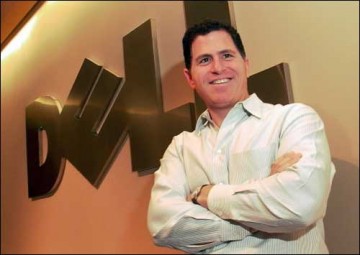 The dark satanic rumour mill is churning out a hell on earth yarns claiming that Microsoft is close to buying up a slice of the canadian telecommunications company BlackBerry.
The dark satanic rumour mill is churning out a hell on earth yarns claiming that Microsoft is close to buying up a slice of the canadian telecommunications company BlackBerry.
A few other tech companies like Xiaomi, Lenovo and Huawei are also amongst those interested in buying the outfit but Microsoft has been wining and dining a few investment firms to assess their chances of taking over BlackBerry.
Its plan is to upgrade its intensity in the business mobile solution segment and its patent portfolio in the Internet of Vehicles (IoV), as well as mobile platform and communications sectors.
The Chinese smartphone manufacturers are mainly intended to invest in BlackBerry so that they can improve their brand visibility across US and European business sectors.
So far it is all rumour and speculation but BlackBerry has frequently been tipped to be ready for buying out before and it has never happened. However sources in the Redmond lair have admitted that the stuffed head of Blackberry would look nice on its CEO’s wall.
BlackBerry said recently that it will lay off number of employments across the globe and will merge its device software, hardware and applications business. It also indicated that it was “changing assets to profit” by development opportunities and accomplish benefit over all regions of business.
So far that involves scaling down its mobile phone division, which might mean Microsoft will have to move fast if it there is going to be anything left of Blackberry.



















